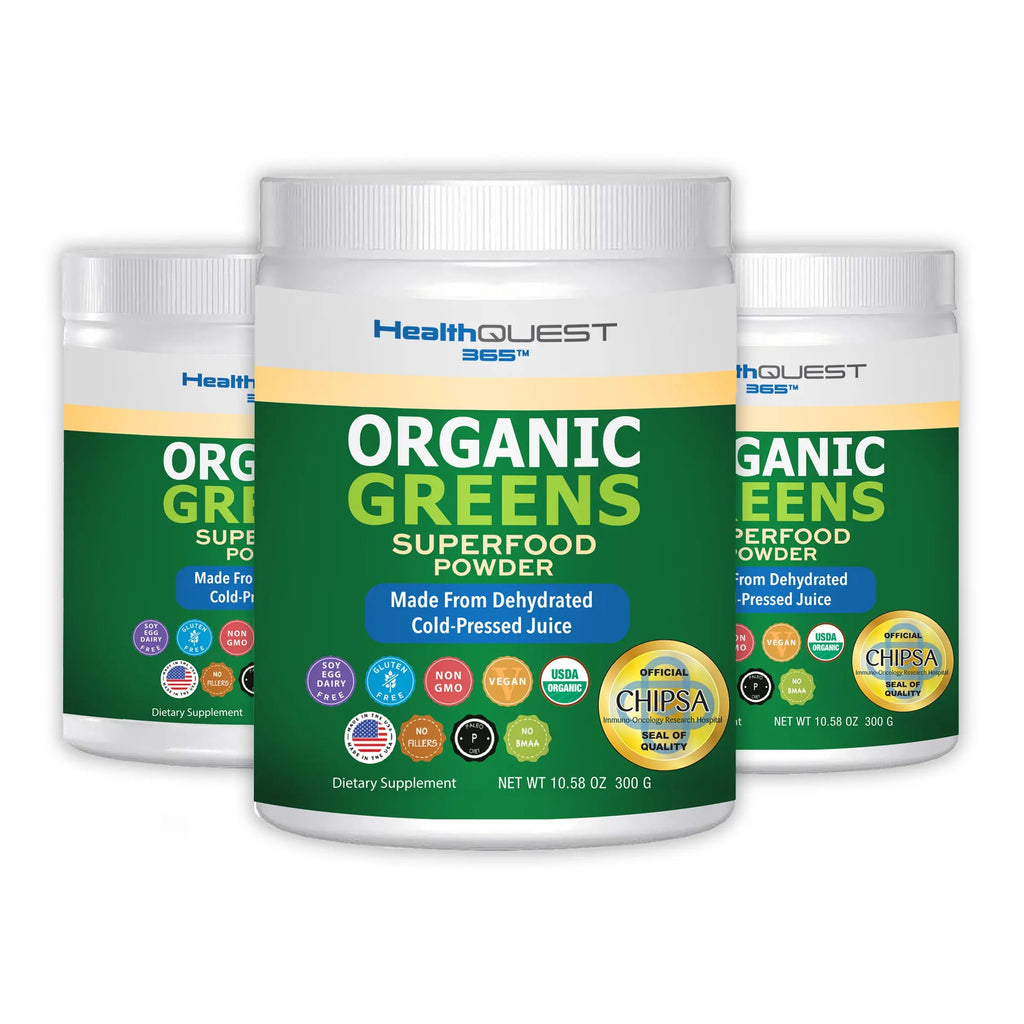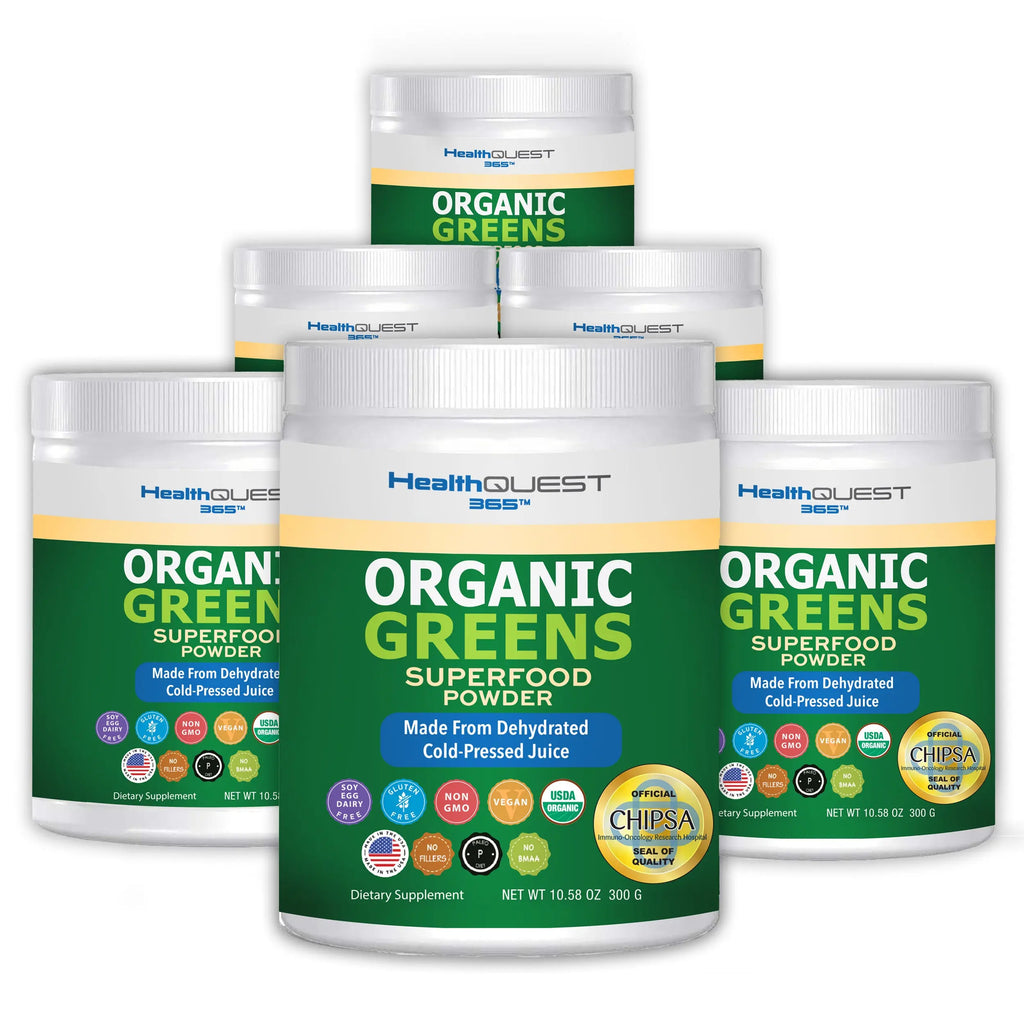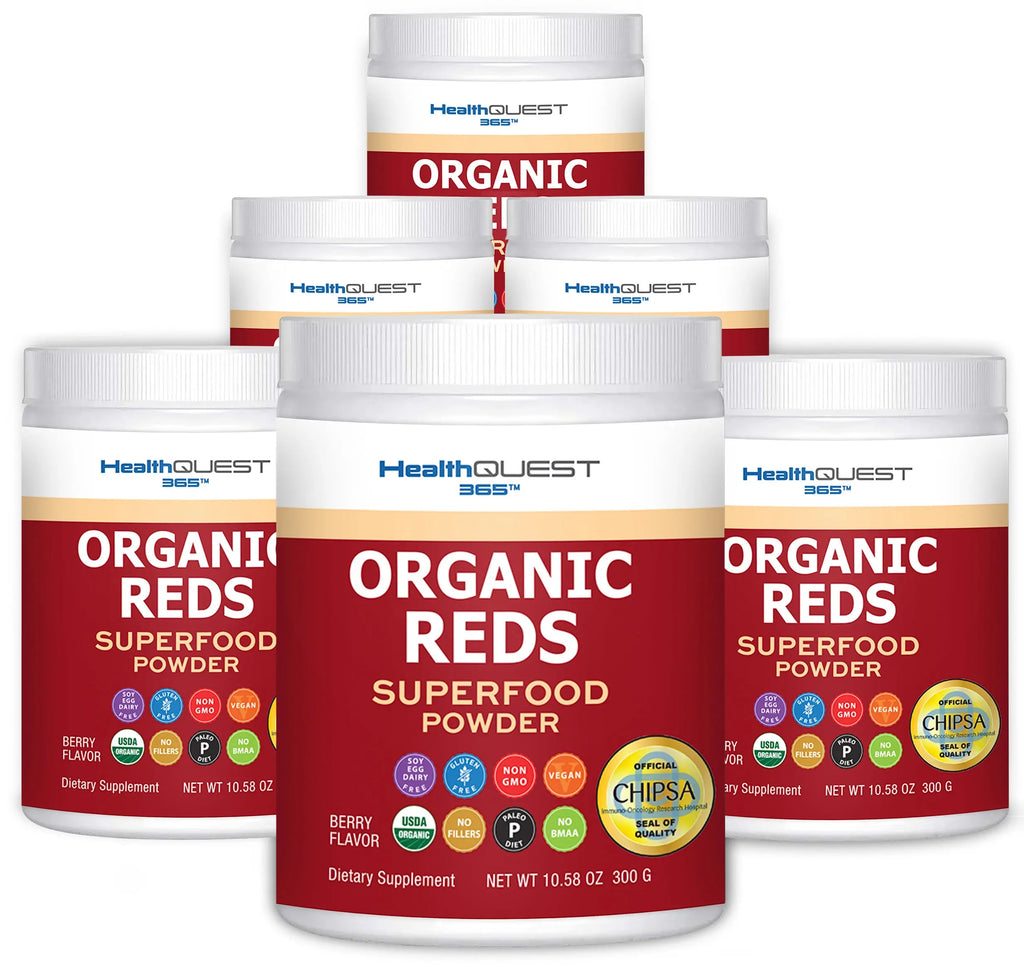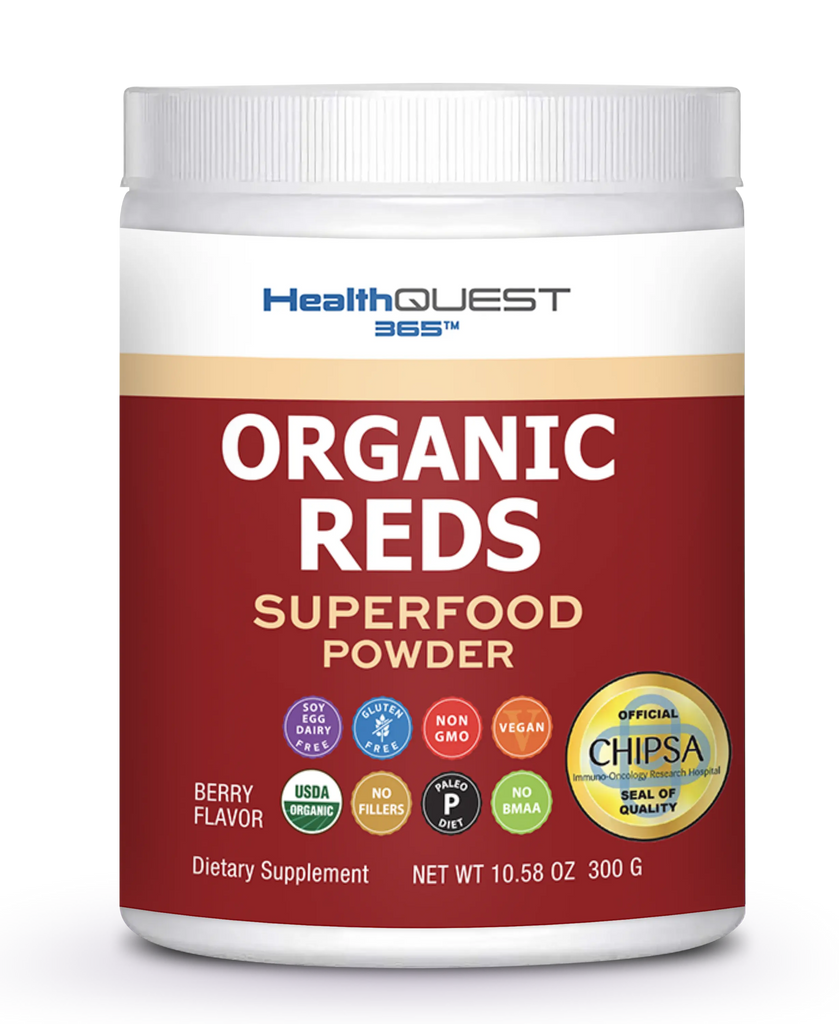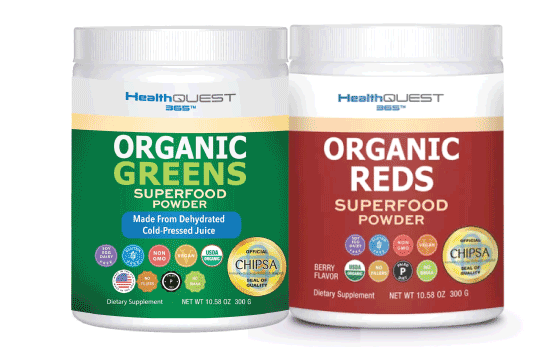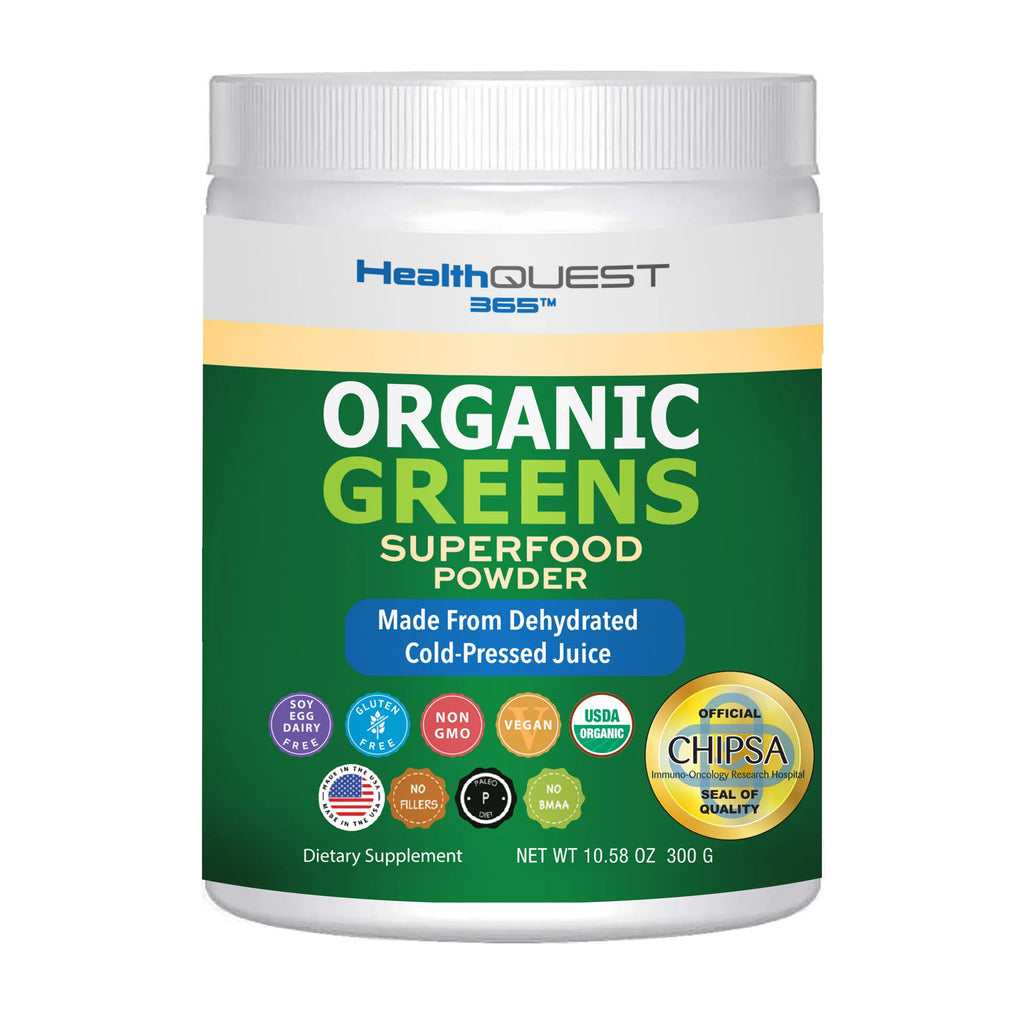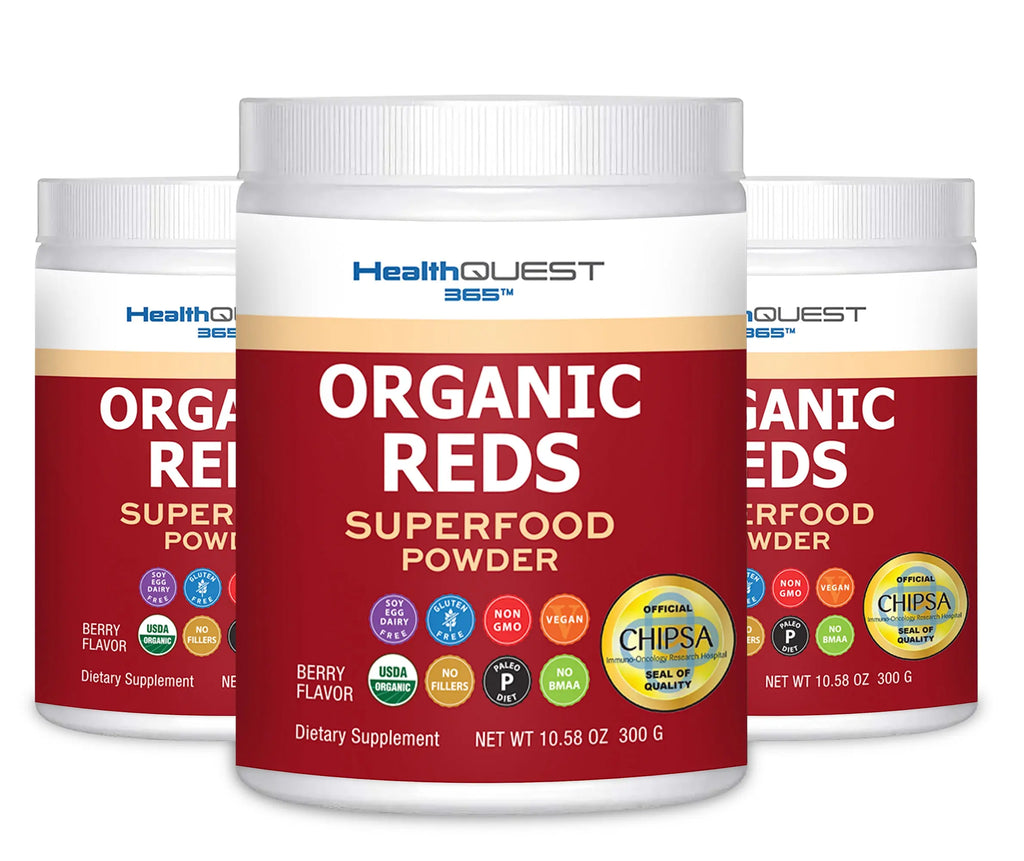It’s about health. It’s about healthy lifestyle. It’s about family™

The Green Revolution: Unveiling the Wonders of Organic Kale
Welcome to the green world of organic kale – a leafy powerhouse that's taking the health and culinary realms by storm! In this comprehensive guide, we're diving deep into the heart of organic kale, exploring its rich history, unparalleled nutritional profile, and the myriad of ways it can revolutionize your diet and lifestyle. Whether you're a seasoned kale enthusiast or a curious newcomer, prepare to be amazed by the versatility and benefits of this extraordinary vegetable.
So, let's embark on this kaleidoscopic journey together, unraveling the secrets of organic kale and discovering why it's much more than just a trendy superfood.

Introducing Organic Kale
Organic kale (Brassica oleracea), a leafy green vegetable plant, has been gaining immense popularity for its nutritional benefits and environmentally friendly cultivation methods. A brief history of kale reveals its long-standing importance in various cultures, while its recent surge in popularity reflects a growing awareness of health and wellness. It falls under the same category as other soil plants like Brussels sprouts and cabbage.
When storing it, make sure you line a plastic bag with paper towels. When you're going to use it already, rinse it in cold water and pat dry.
Nutritional Benefits of Organic Kale
Organic kale, a nutrient-dense leafy green, is a treasure trove of health benefits. Here, we look at the nutritional profile of organic green kale and how it contributes to overall well-being.
Rich in Vitamins and Minerals
Kale is renowned for its high vitamin content, particularly vitamins A, C, and K. Vitamin A supports eye health and immune function, while vitamin C is essential for skin health and immune support. Vitamin K plays a crucial role in blood clotting and bone health. Additionally, kale is a good source of minerals like calcium, which is vital for bone health, and potassium, essential for heart health and muscle function.
Loaded with Antioxidants
Antioxidants are compounds that help fight oxidative stress in the body, and kale is packed with them. These include beta-carotene, quercetin, and kaempferol, which have been linked to a reduced risk of heart disease, and certain types of cancer, and may also have anti-inflammatory, antiviral, and antidepressant effects.
High in Dietary Fiber
Kale is rich in dietary fiber, which is beneficial for digestive health. Fiber helps to keep the digestive system running smoothly, can aid in preventing constipation, and may help in maintaining a healthy gut microbiome. It also plays a role in regulating blood sugar levels and can contribute to a feeling of fullness, aiding in weight management.
Low in Calories, High in Water Content
Kale is a low-calorie food, making it a great choice for weight management. Its high water content also helps with hydration and contributes to a feeling of fullness, which can prevent overeating.
Detoxification Properties
Kale contains compounds that support the body's natural detoxification processes. The isothiocyanates (ITCs) made from glucosinolates in kale play a key role in detoxification at the cellular level.

Heart Health
The fiber, potassium, vitamin C, and B6 content in kale all support heart health. Increasing potassium intake while decreasing sodium intake is essential for reducing the risk of cardiovascular disease.
Bone Health
With its high vitamin K content, kale contributes significantly to bone health. Vitamin K is essential for the formation of a type of protein required to maintain bone calcium, making it crucial for bone health and prevention of osteoporosis.
Eye Health
Kale is rich in lutein and zeaxanthin, nutrients that are beneficial for eye health. These compounds help to filter harmful high-energy light waves, protecting the eyes from conditions like age-related macular degeneration.
Cancer-Fighting Properties
Kale contains sulforaphane, a compound believed to have potent anti-cancer properties. It's also a source of indole-3-carbinol, another compound that may help prevent cancer.

Incorporating Organic Kale into Your Diet
Integrating organic kale into your diet is an excellent way to boost your nutritional intake with minimal effort. Here are some creative and simple ways to include this versatile superfood in your daily meals:
Start with Smoothies: Adding kale to smoothies is an easy and delicious way to get your greens. Blend kale with fruits like bananas, apples, or berries, along with a liquid base like almond milk or yogurt, for a nutrient-packed drink. The natural sweetness of the fruits balances the earthiness of the kale, making it a hit even for those new to kale.
Want what you eat and drink to be even more nutrient-packed? If so, why not try Health Quest 365's Organic Greens 365 and Organic Reds 365? You will not regret it!

Give You ALL Our Best Workbooks
Get all the Best Workbooks + Action Guides from our expert
Kale Salads: Raw kale can be transformed into a delectable salad. For a tender and more palatable texture, massage the kale leaves with a bit of olive oil or lemon juice before adding your favorite salad toppings and dressings. Combine with ingredients like nuts, seeds, dried fruits, avocado, and cheese for a satisfying meal.
Sneak it into Soups and Stews: Kale's sturdy texture holds up well in cooking, making it a perfect addition to soups and stews, sometimes even rice. It adds both nutritional value and a lovely green color. Stir it into vegetable soups, bean stews, or even broths towards the end of the cooking process.

Kale Chips: For a crunchy, healthy snack, try making curly kale chips. Tear kale leaves into bite-sized pieces, toss them with a bit of olive oil and your choice of seasonings, and bake until crisp. This is a great alternative to traditional snack foods and can be customized with various flavors.
Use as a Pizza Topping: Elevate your pizza by adding kale as a topping. It adds a nutritious punch and a unique flavor to your homemade or store-bought pizza. Combine it with other veggies or meats for a well-rounded meal.

FREE "Mystery Gift"?
Let me stay in touch with you via email and as a thank you - get this FREE gift.. Something others paid over $1,000 for.
(True story)

Incorporate into Pasta and Risottos
Chopped kale can be added to pasta dishes and risottos, providing an easy way to increase your vegetable intake. It pairs well with creamy sauces and robust flavors like garlic and parmesan.

Add to Sandwiches and Wraps
Incorporate kale into your sandwiches and wraps for an extra dose of greens. Its texture and flavor complement various fillings, from chicken and turkey to roasted vegetables and hummus.
To Wrap Up
As we wrap up our journey through the vibrant world of organic kale, it's clear that this is no ordinary vegetable. With its exceptional nutritional benefits, versatility in the kitchen, and positive impact on the environment, organic kale stands out as a true gem in the realm of healthy eating. Whether you're looking to enhance your diet, explore new culinary horizons, or contribute to a more sustainable future, organic kale is an excellent choice.
So, why not make this green wonder a staple in your meals and experience the transformative power of organic kale? Here's to a healthier, greener, and more delicious future with every leafy bite!
FREQUENTLY ASKED QUESTIONS
A simple step would be to evaluate your current lifestyle and health, identify areas of improvement, and gradually incorporate healthier habits.
Absolutely! Physical exercises such as jogging, brisk walking, or bodyweight exercises can be done without a gym.
A positive attitude is vital in healthy living as it reduces stress and encourages persistence in maintaining healthier habits.
A supportive environment can be built by including people who have similar health goals or by seeking the support of friends, family, or online health and wellness communities.
Regular check-ups help in detecting any potential health issues early and managing them effectively. They keep you updated about your overall health.

